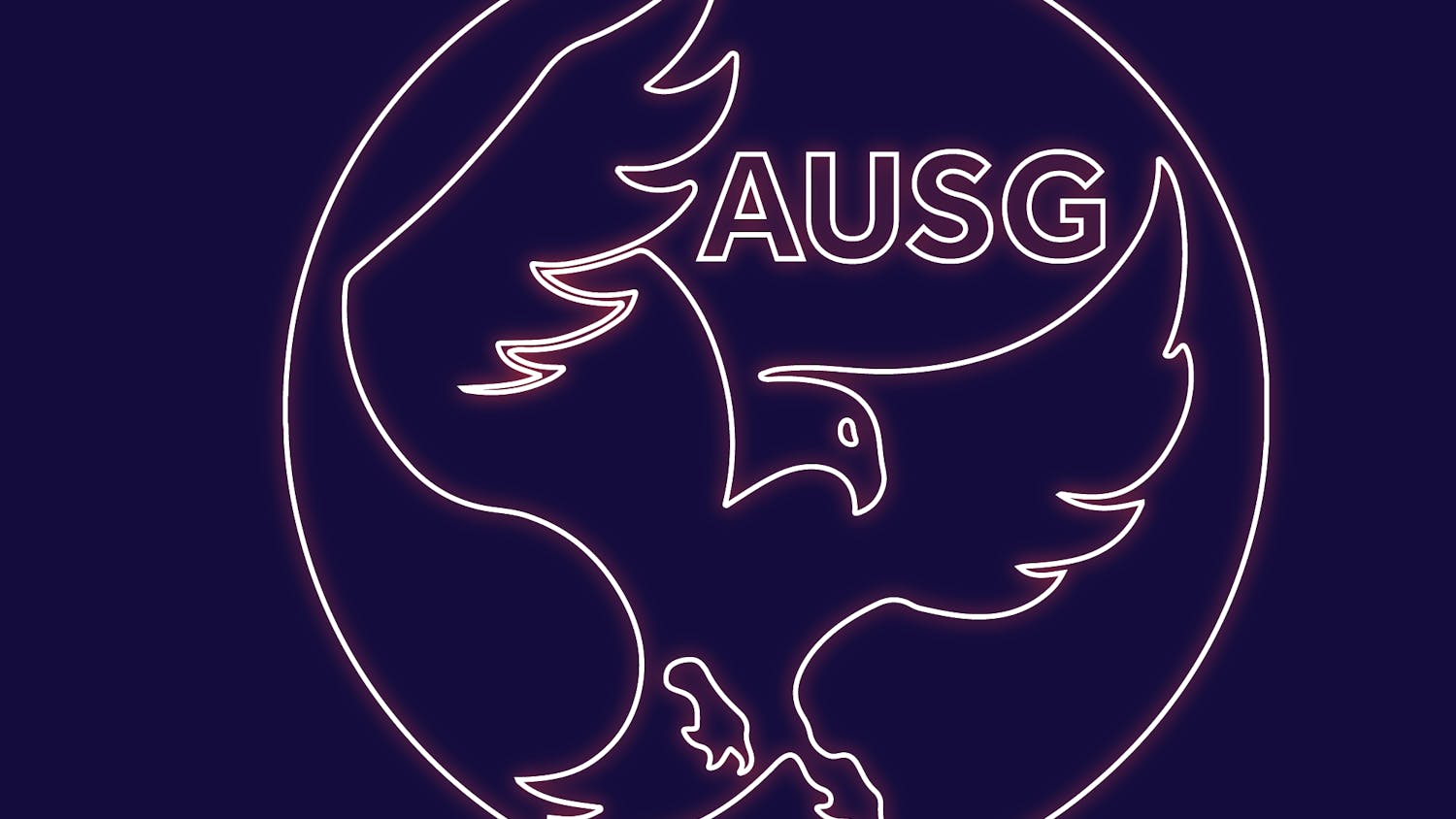A journalist's right to gather news content on public property was compromised when U.S. Secret Service and U.S. Park Police forced an Eagle photographer to delete digital photographs while on assignment outside of the White House on Sept. 9, according to photographer Rick Steele.
Steele, an AU graduate student, said he took a series of photographs of the officers and the White House until one said, "Hey, what are you doing?" while another grabbed his arm.
He said he felt threatened by the group of officers, which he numbered at five or six.
"I didn't really take that as a friendly act. And the fact that they wouldn't let me leave until I deleted the pictures, it was almost kind of a veiled threat that 'if you don't delete them we're going to arrest you and we can sort it out later,'" he said.
That's a violation of Steele's First Amendment rights, according to Professor Wendell Cochran, director of AU's journalism program.
"I don't see any basis in law for confiscating pictures being taken by someone who is on a journalistic mission," Cochran said.
The Secret Service generally agreed.
"There's no reason for us to ask a person to delete their photographs," Anne Roman, spokeswoman for the Secret Service, said.
Roman said if a person was acting suspiciously, the officers would talk to the person but only in very rare instances would they require someone to delete their photographs.
The U.S. Park Police was not available for comment.
Mike Hiefand, legal consultant at the Student Press Law Center, said Steele was engaged in valid news coverage and is entitled to a formal apology from both agencies.
Because Steele was on public property, at a reasonable distance from the officers and identified himself as a press photographer, Hiefand said both Steele and his photographs are protected under the Constitution.
Cochran said restricting access of the press to public information and images is counterproductive to a goal of national security.
"I just don't see how confiscating and destroying a reporter's pictures or notes heightens our security in the least. And I think that it does erode confidence in the government, at a time when we need confidence in the government," he said.
Steele was assigned to take pictures for a Sept. 11 article on security measures in place since the attacks.
This isn't the first incident of this type to affect an AU student in recent weeks.
In mid-August, Secret Service officers confiscated graduate student Dena Gudaitis' class notes outside the British Embassy.
Gudaitis, an Eagle contributing writer, said her notes were returned the following day with an apology from the Secret Service.
"I am still trying to digest it all. Going out on the assignment ... I was not expecting the event and the outcome to be what they were," she said in an School of Communication Web site article.
Cochran said Steele's incident is different because notes can be returned while photographs are irretrievable once deleted.
"Not only were Rick's constitutional rights violated, but also the rights of the Eagle staff and its readers to see those pictures," he said.




